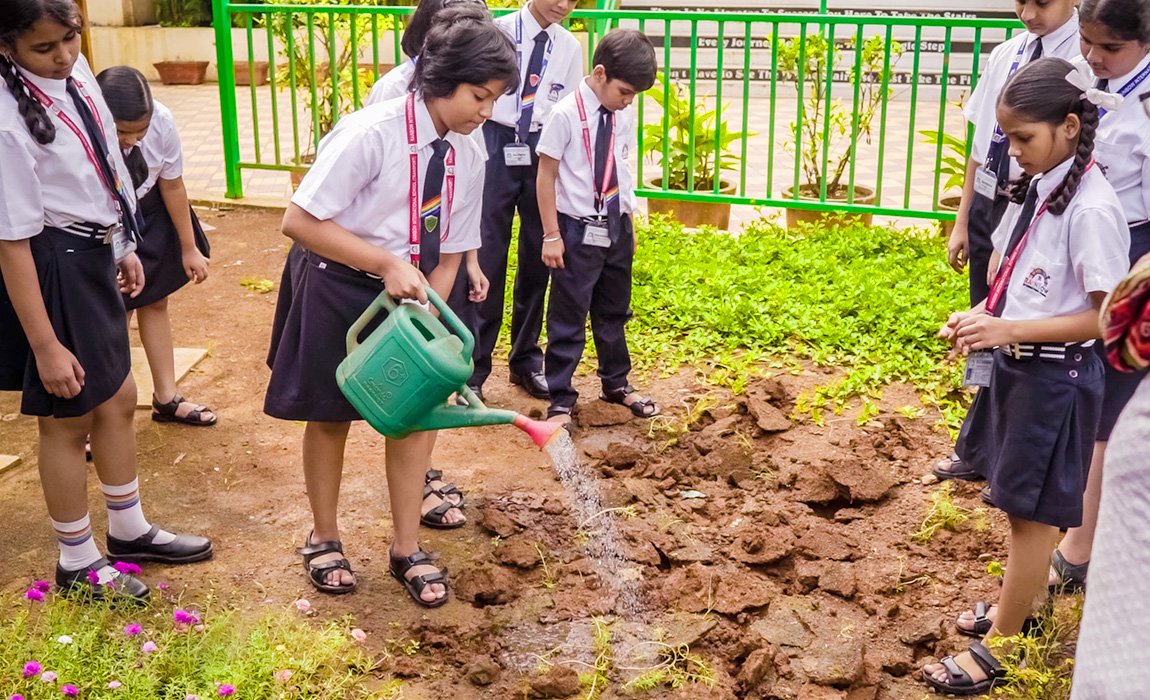Very few people are capable of recognizing the fact that organic farming helps a nation in concrete ways related to the economy.
Schools are recognized as institutions that impart knowledge and give quality education, and thereby build a nation’s future. But apart from these “soft” areas, there’s nothing much that schools are seen as capable of doing.
And that’s really underestimating what schools can do.
More importantly, it is the schools that are responsible for creating and perpetrating such an image in the eyes of the media, government agencies and NGOS too.
Organic farming in schools can shape the future of the country and even that of the whole world. Apart from helping children understand the process of cultivation and recognize what makes food nutritious, the practice of organic farming in educational institutions like schools creates a wider, healthier ecosystem for the country.
1. Food Production
Growing food contributes to the economy. Food production is an active way to participate in the growth of a nation.
And organic farming is not about any kind of food production. It’s the kind of food that we ought to continue for better health of the human race, all the species and the earth.
2. Sustainable Initiative
All the industries all over the world are struggling with the idea of turning their business into a sustainable one. One that contributes towards conservation of our natural resources.
With organic farming, schools becoming active stakeholders in sustainable goals.
3. Responsible Education
Education is not just about academics. If students actively learn about organic farming right from the childhood, they grow up with a vision of a greener planet.
This means schools will produce better leaders, better businessmen, and better engineers who are far more intelligent and sensitive towards the exploitation of the earth.
Schools are a neglected component of the country’s economy. Yes, they may be highlighted as contributors to the GDP in the form of revenue they generate. But the real picture still continues to be hidden.
There are a handful of futuristic schools in the country, even in the world, that are thinking in terms of future and development. These are the schools that have a radically different understanding of what the present can do in order to prepare for the future.
We need better schools all over the country. Schools that understand the true vision of development. Let us together think about how to make schools following organic farming more prominent everywhere. So that such schools can inspire other schools to follow the same. Or so that such schools inspire all the parents in the country to ask their schools to follow such initiatives in their schools.

